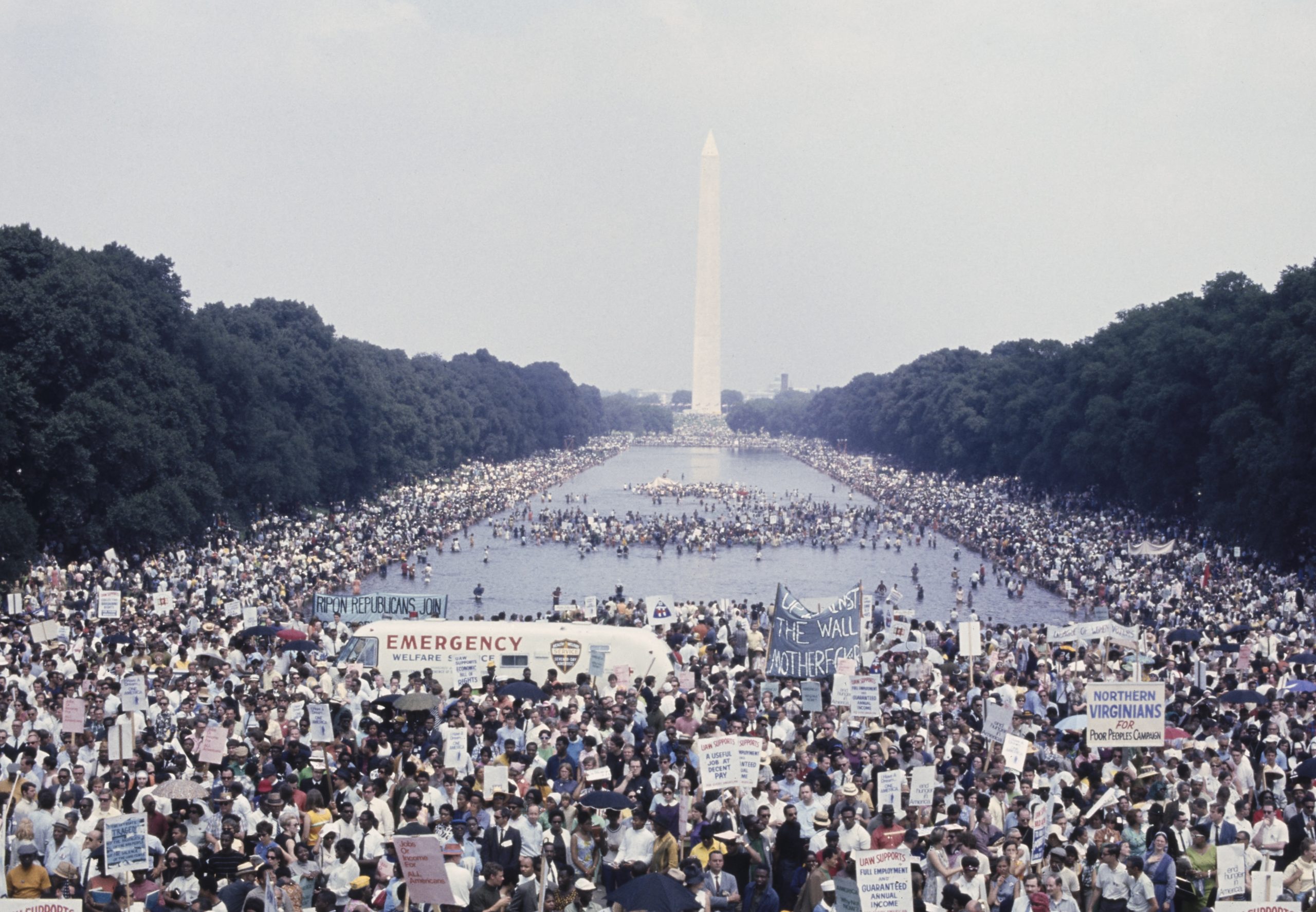Sixty years ago, Dr. Martin Luther King Jr. gave his historic keynote at the March on Washington for Jobs and Freedom.
That 1963 rally on the National Mall was the culmination of two decades of marches focused on ending employment discrimination and demanding greater job opportunities for African Americans. The organizing manual for the March on Washington made it plain: “We march to redress old grievances and to help resolve an American crisis. That crisis is born of the twin evils of racism and economic deprivation.”
In what would later be called his “I Have a Dream” speech, King opened with the reality that 100 years after the emancipation proclamation, “The Negro lives on a lonely island of poverty in the midst of a vast ocean of material prosperity.” Sixty years later we see that while much of Black America has been freed from income poverty, Black people in this country still face a poverty of wealth.
In our new report, “Still A Dream,” we note progress—alongside some humbling findings about how far we have to go.
